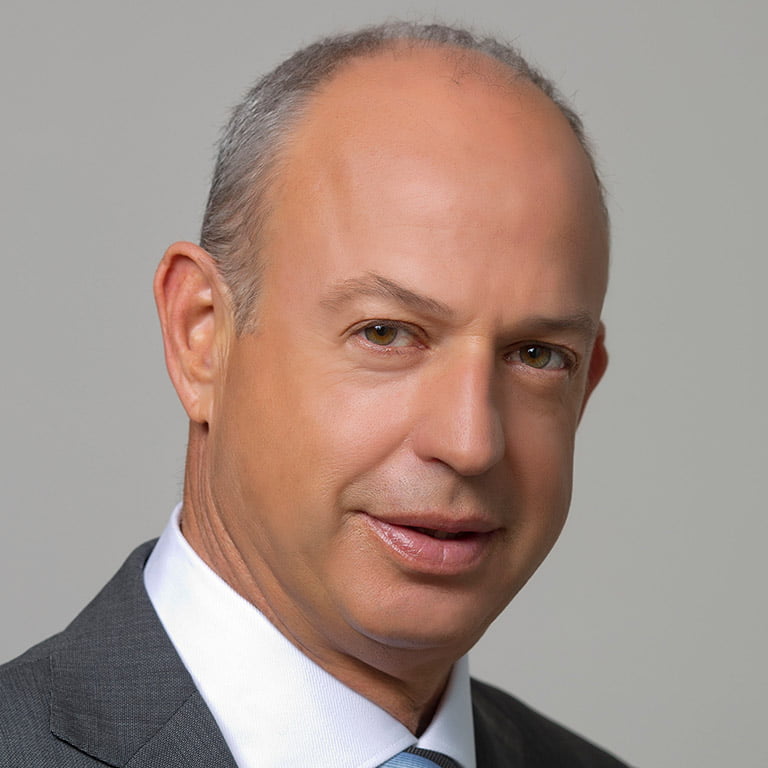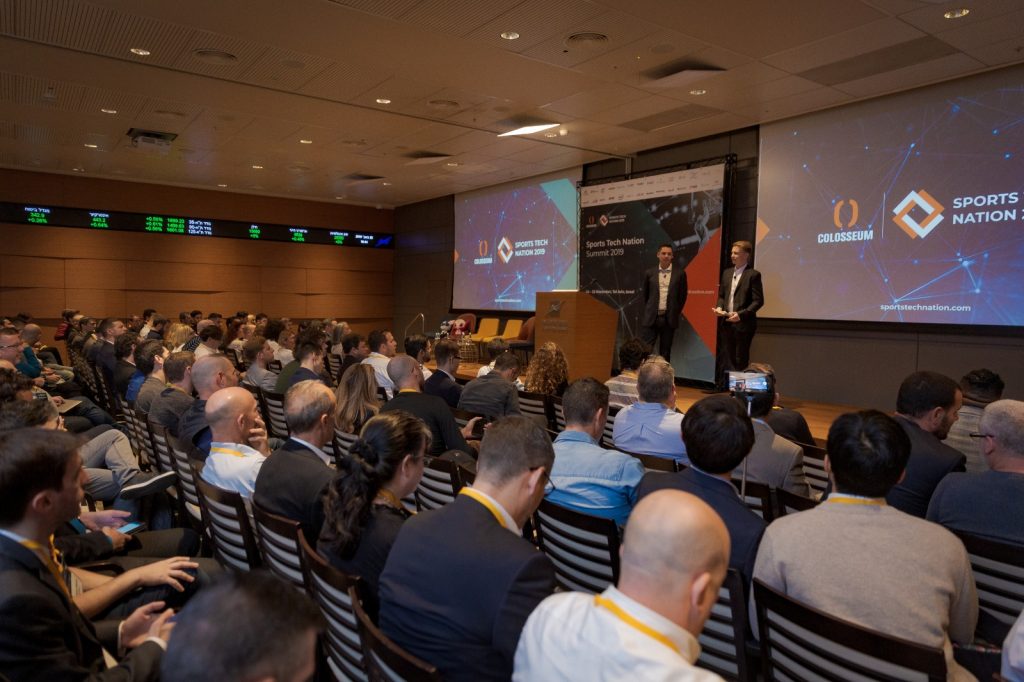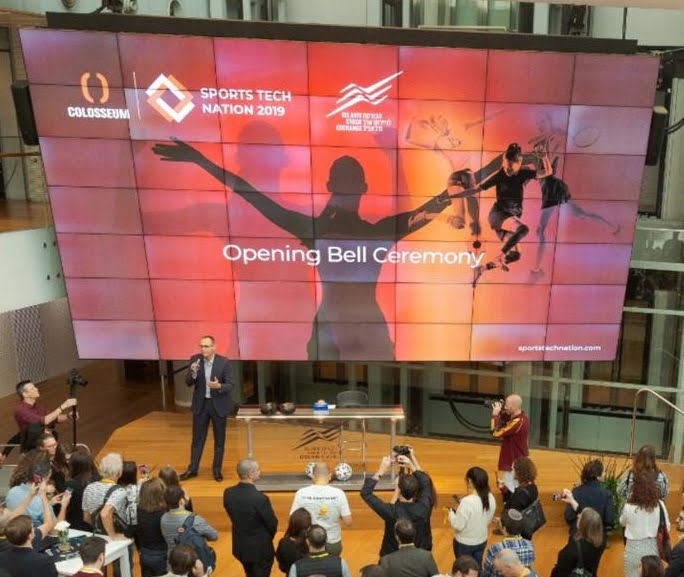A-list athletes like Serena Williams, Steph Curry, Kobe Bryant, Carmelo Anthony, and Andre Iguodala are among the best-known sports stars also playing the investment game in the tech field. The forecast for 2020 is growing teamwork between athletes and tech startups.
Indeed, news headlines rotate between startups boasting of professional athlete brand ambassadors and players who are reinventing themselves as investors and fund leaders.
“High tech and technology are visible and tempting fields,” says Shmulik Zysman, founding partner of ZAG-S&W international law firm and head of the firm’s high-tech department.
SEE ALSO: 7 Israeli Companies Punching Above Their Weight In The Sports Tech Industry
With limited years to play on a sports field, it makes sense that a rising number of athletes are eyeing technology for their next step.

“Top players are still buying cars and real estate. But they must think about the future as well. This is a time when athletes read newspapers like you and me and understand the fortune is laying in the tech field,” Zysman, a former Maccabi Tel Aviv basketball player who is in Israel’s Hall of Fame, tells NoCamels.
“At the same time, the top high-tech leaders would love to join forces with the best athletes in the world as it could give them good exposure, marketing advantages and contacts,” says Zysman. “The opportunities for both sides are growing.”
Oren Simanian, founder and general manager of Tel Aviv-based Colosseum international sports tech innovation group, wants to keep the playing field fair.
Amateur investors are prone to lose money if they don’t understand the companies, networking groups, management principles and what opportunities are available.
“Athletes today want to be part of the tech field, but they don’t understand the circumstances. They don’t understand technology and it is very hard for them to get into the decision-making of where to put their money. For me, it is important to make sure that they know that to invest in startups is very high risk. They hear only the good stories,” says Simanian, a veteran entrepreneur and former Israeli soccer referee.
“More and more athletes would like to tap into this world of tech. Compared to the overall potential, I think what’s missing is the awareness of how to get into this world,” he tells NoCamels.

This week, Colosseum launched what it says is the world’s first international sports tech and media training program for pro players.
“For the top players, who earn good money, it is important for them to leverage their name, their contacts, and their money. It is important to learn how to do it and they need people to guide them,” says Simanian.
Twenty players from Israeli soccer elite teams are taking part in the 80-hour training program in digital tech that will turn them into “the leaders of tomorrow’s sports technologies.”
“You need people to be able to understand the new world of innovation. The challenge arises when people on the sports side don’t speak digitalization, technology and disruption,” says Simanian.
His team is training top league athletes “to become the ones to understand the lingo and technology, to be the matchmakers and leaders of sports tech. When an athlete has access, is open to think and talk about tech and invest in technology, he is the best ambassador for tomorrow’s technologies.”
Three months ago, the Colosseum team – in collaboration with Podium and the Wingate Institute – held a comparable course for Olympic coaches to position themselves as community leaders in the digital, international and connected world and better identify monetizable opportunities and fan engagement strategies.

With innovation in all tech fields growing by the year, Simanian believes Israel’s sports tech arena is rife with prospects for players and startups alike. Specifically, he says, Israel is positioned to become a “Sports Tech Nation.”
The sports tech sector is wide-ranging and includes fan engagement, athlete performance technologies, stadium experience, eSports, and gaming arenas.
Sign up for our free weekly newsletter
Subscribe“When you talk about sports technologies, it means media, materials science, machine learning, AI, data analytics, etc. and this is what Israel has to offer. The lingo to connect sports to tech and tech to sports, this is the challenge. And we, in Israel, speak this language,” Simanian tells NoCamels.
In the first week of January, former NBA all-star Michael Redd, best known for his tenure as shooting guard with the Milwaukee Bucks and role in the 2008 US Men’s Olympic team, created a media buzz with his announcement of joining the ADvantage Sports Tech Fund as a venture partner.
ADvantage is a global sports tech fund backed by leAD Sports and Israel’s OurCrowd to invest in early-stage technology companies aimed at shaping the future of sports. Since retirement in 2013, Redd has invested in over 85 companies as an angel investor, partner at Third Wave Digital, and through involvement with other funds.
Of course, he’s not the only athlete with Israeli tech ties.
NBA star Kristaps Porzingis and Dutch football coach and former player Jordi Cruyff hit headlines in 2019 after investing in Israeli-US startup company, Zone7, which develops software for predicting sports injuries.
Social gaming startup Playtrex has a collaboration with former world boxing champion Floyd Mayweather. Mayweather is also reportedly a shareholder in the company.
Edouard Cukierman, chairman of Cukierman & Co. Investment House, says athletes are a good fit for the tech world because of their character. After all, focus and discipline are at the core of every athlete’s and startup leader’s mindset.
“In order to be a quality athlete, you must train, face challenges, deal with pressure, and be very disciplined in order to be competitive. If you have weaknesses you have to learn from them, learn from your mistakes. [These] elements are in the business environment, and in startups,” Cukierman tells NoCamels. “The characteristic of the athlete and the investor are similar: a lot of discipline, be a fighter, learn from experience and have self-motivation.”
Cukierman serves up the analogy of sourcing natural adrenaline – athletes, in their sporting endeavors; innovators, in startups – as another possibility why athletes and tech startups could be a good match.
“When you evaluate technology companies, there are so many features to take into consideration: finance, the technology market, the ability to analyze many components and find the focus. In sport, you have to take into consideration your opponent, their profile, their strengths and your equipment. You have to be very focused,” says Cukierman, who in addition to being a leading businessman is also the father of Israel Davis Cup tennis player Daniel Cukierman.
On a global scale, startups are hoping athletes like retired NBA basketball stars Magic Johnson and Shaquille O’Neal will be angel investors.
In Israel, says Zysman, this is less likely to be the case.
SEE ALSO: Israel’s Olympic Committee Partners With Technion For Joint Sports Research Center
“I don’t think they’ll be professional angels in Israel, the [athletes] don’t have deep pockets like in the NBA. But we’ll see sports stars take part in opportunities here and there, for sure.”
The local sports tech arena – and tech field in general – generate new eye-catching headlines almost daily. As such, opportunities are available.
“The companies in this sports tech nation,” sums up Simanian, “they are not just atop Israeli tech, they’re on the top of global tech… And they’re from Israel.”
Viva Sarah Press is a journalist and speaker. She writes and talks about the creativity and innovation taking place in Israel and beyond. www.vivaspress.com
Related posts

Editors’ & Readers’ Choice: 10 Favorite NoCamels Articles

Forward Facing: What Does The Future Hold For Israeli High-Tech?

Impact Innovation: Israeli Startups That Could Shape Our Future




Facebook comments